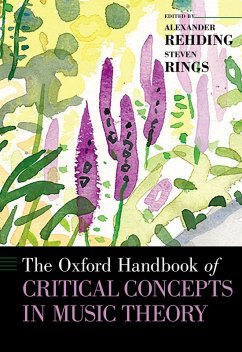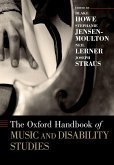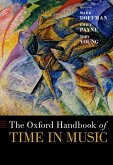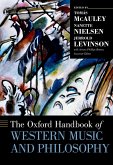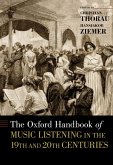Music Theory has a lot of ground to cover. Especially in introductory classes a whole range of fundamental concepts are introduced at fast pace that can never be explored in depth or detail, as other new topics become more pressing. The short time we spend with them in the classroom belies the complexity (and, in many cases, the contradictions) underlying these concepts. This book takes the time to tarry over these complexities, probe the philosophical assumptions on which these concepts rest, and shine a light on all their iridescent facets. This book presents music-theoretical concepts as a register of key terms progressing outwards from smallest detail to discussions of the music-theoretical project on the largest scale. The approaches individual authors take range from philosophical, historical, or analytical to systematic, cognitive, and critical-theorical-covering the whole diverse spectrum of contemporary music theory. In some cases authors explore concepts that have not yet been widely added to the theorist's toolkit but deserve to be included; in other cases concepts are expanded beyond their core repertory of application. This collection does not shy away from controversy. Taken in their entirety, the essays underline that music theory is on the move, exploring new questions, new repertories, and new approaches. This collection is an invitation to take stock of music theory in the early twenty-first century, to look back and to encourage discussion about its future directions. Its chapters open up a panoramic view of the contemporary music-theoretical landscape with its expanding repertories and changing guiding questions, and offers suggestions as to where music theory is headed in years to come.
Dieser Download kann aus rechtlichen Gründen nur mit Rechnungsadresse in A, B, BG, CY, CZ, D, DK, EW, E, FIN, F, GR, HR, H, IRL, I, LT, L, LR, M, NL, PL, P, R, S, SLO, SK ausgeliefert werden.

